Think about the last time someone really upset you. Not annoyed or irritated you, but really brought you to a space of negative energy. It may have been this morning or month ago, or a year ago. What did that person do to make you so angry? Hold that thought. Now reflect on the other times that you felt the same way. Perhaps it was the same person or the same type of situation. What is similar about those experiences?
You probably understand what your triggers are, but do you know why?
Warriors and Aretha Franklin have something in common. They just want a little respect. Warriors have a code and a set of values or ethos. Some are keenly aware of them, while others know them only in the context of their violation. When you were upset or angry at someone, it may be because they bumped up against your values, knowingly or unknowingly. The warrior holds fast to their code or ethos, treats all life with respect, and contributes to the greater good through service. They are not easily bribed or tempted. Warriors are accountable, responsible, and demonstrate integrity – they are Reverent.
The seven warrior principles are Wealth, Awake, Raison d’Etre, Replenish, Invictus, Original, and now Reverent.
Understanding Your Virtues And Values
Several years ago, I participated in leadership training in the woods of Squamish, just outside of Vancouver. There were four one-week courses. These were not your typical death by PowerPoint classes. We were up at dawn and in bed no earlier than midnight. We slept in tents and were limited to three-minute showers. Though many aspects of the training were fun, the physical elements and the length were grueling. The immersive nature of the experience, though, was critical to developing leadership skills. Each course is built on the previous. You couldn’t decide to take one without the others. The sequence begins by taking a hard look at yourself and self-limiting beliefs and ends with bringing all aspects of leadership into balance. Said more simply, you begin with awakening the warrior and end with being a wizard (manifesting your destiny).
During the last course, a husband and wife team taught us about heart virtues. They explained that when we shift into negativity, it means one of our heart virtues has been violated. After walking us through an hours-long exercise, each of us identified a list of three heart virtues. And when we reflected on the moments that people upset or angered us, they were almost always connected to the list.
Spoken or unspoken, we each have a set of values, virtues, or ethos that guide us. There are probably more than three. But the top three provide the prism through which we view the world.
A warrior declares their ethos through word and deed. There is rarely a need for them to set boundaries. Their behaviors, actions, and reactions clearly telegraph what is and is not acceptable to be in their world.
My three virtues are justice, courage, and loyalty.
Explore The Trigger
The other warrior principles are mostly about who the warrior is or what they do, reverence is about how the warrior shows up in the world to be of service and respect. A warrior wants wealth but doesn’t feel the need to cheat or scheme to get it. A warrior is awake but doesn’t feel their way is the only way and embraces others’ point of view. A warrior has a reason for being but understands that their reason may be the opposite of someone else’s. Being reverent brings balance to the other aspects of being a warrior.
My three virtues are justice, courage, and loyalty. At the root of all three of those, to me, is respect. When I feel that I’m not or I observe that others aren’t treated with respect, that is an immediate trigger. At the same time, I also need to acknowledge that respect doesn’t look the same for everyone. Respect is based on generally accepted cultural norms and personal beliefs. For example, we would find it incredibly rude for someone to cut in front of us in a line. In some countries, that’s the norm. In fact, it would be rude not to let the person in line ahead of you.
What about respect is important to me? That I am seen and acknowledged as a person. We don’t need to agree or like each other, but we need to hear one another. One of the quickest ways to trigger my virtue is to talk at me. This can include running through your list of the things you want to say without checking for my understanding, agreement, or engagement. In sales, it’s called show up and throw up. Or consistently telling me to do something rather than asking me. I’m not terribly bothered by a one-off or infrequent instance of this if it is from someone whom I know respects me. And I don’t find it acceptable to stand by and watch others treat others with disrespect either.
Sure enough, when someone bumps up against one, some, or all of my virtues, they know it.
What is important to you? One way to determine your three values is to look at the times you were angry and write down why. Another way is to think about what makes you upset about what happens to others.
Defuse The Trigger
What do you do when your values have been triggered? Typically people react from a negative space, I know I do. In time I learned to give it a beat before responding. A warrior examines the situation more closely and responds instead of reacting.
- First, understand why you’re feeling triggered and which virtue was violated.
- Second, was it an intentional act? If so, why do you think it was intentional? Keep in mind the difference between intention and impact. For example, for those who operate in the command style, their asking you (intention) comes across as demanding (impact). That doesn’t mean you have to like it, but if it’s their norm, you know it’s not personal. (Whether it should be their norm or not is a whole other conversation).
- Third, take action through your response. Silence or walking away is also a response. Sometimes it’s better to delete the email than to reply to it. And sometimes it’s better to talk with someone directly.
- Fourth, release it or address it. If you have reason to believe the violation will continue, you can either make peace with it or remove yourself from the situation. Or, you can discuss it directly with the other person after you have calmed down. Frame the discussion in the context of the impact the action has on you.
And if it helps, turn on Queen Aretha to help diffuse the negative energy.
Bringing Balance To The Force

Reverence encompasses a broad swath, in this article, I focused primarily on the value of respect to give you an understanding of how our values weave into our everyday lives. The other six warrior principles must pass through the gate of the seventh. The seventh chakra that we discussed as part of the Awake principle represents wisdom. Through life experiences, we reach the third-eye chakra, where we view the world with a different sense. The same is true for the Warrior Principles. As you grow and experience the outer world, it will shape your inner world.
I encourage you to write down your critical values. It can be more than three. These will become your warrior ethos.
To be a warrior is not the exception, it’s the rule.


